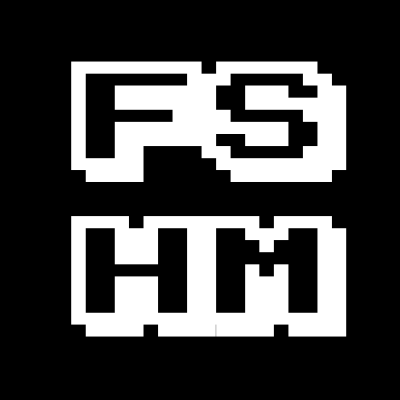What is the Basis of Free Software & Open Hardware Movement?
It is all about starting to Think Like a Commoner and in-fact becoming a commoner by enriching, strengthening and protecting the Commons. In case of this movement, it is very specific to Digital Commons.

It is all about starting to Think Like a Commoner and in-fact becoming a commoner by enriching, strengthening and protecting the Commons. In case of this movement, it is very specific to Digital Commons.
Beyond commons, the movement should also focus on "Digital Literacy" in order to achieve the following objectives,
- bridge the gap of "Digital Divide".
- educate computer, smartphone and Internet users about their Right to Privacy.
- demand for transparent, publicly available glass-box systems and algorithms instead of non-transparent, closed black-box systems and algorithms in governing our municipals, cities, districts, state and nation. Eg: The source code and hardware designs of Electronic Voting Machine can be made transparent and public. Using transparent and participatory systems like DeciDim, etc.
The above objectives cannot be achieved without commons, therefore commons is the basis of this movement.
But, What are Commons?
No matter how much simple definition I can give, it will not be equivalent of reading and understanding yourself more about Commons from the book "Think Like a Commoner" from the author David Bollier.
The word and the idea of commons is not new to us. In fact, in Tamil language we have a word called Purambokku Nilam (புறம்போக்கு நிலம்). This word is very specific to land ownership and control. But the idea of commons can be extended to other domains as well. For example, today we have Creative Commons and in general extending the idea of Commons to electronics, software, data, etc., are called Digital Commons.
Example: Wikipedia, GNU/Linux, OpenStreetMap, Stack Overflow discussions, etc. are all part of digital commons.
How to become a Commoner?
- First and foremost, one has to read and understand the idea of Commons.
- Practising commons by using from the commons and contribute back to it. For example,
- you can use OpenStreetMap & OsmAnd+ and at the same time, also you can contribute by drawing missing roads, correcting wrong street name, add missing street name, draw buildings and actively shape the place in the map where you live.
- you can read from Wikipedia and also can do the same like editing articles or adding new articles, etc., in it.
- you can start using an operating system like Debian, Arch, LinuxMint, Fedora, etc., whenever you find something doesn't work there or some feature is missing, you can report bugs or suggest a new feature. If you are also a programmer, then you can also fix those bugs or contribute by adding new feature.
- If some software or program or any commons related resource is not available in your language or mother tongue, you can very well translate it to your language, thus making those commons more accessible and closer to the people.
3. It is easy to practice commons for virtual resource like a Software (or) Knowledge (or) Data (or) any electronic information. Because when more number of people share and use, it won't get depleted or reduced in amount. But when it comes to material (or) physical commons they are limited in amount (i.e finite) and treating of such resource like a commons require a set of rules. This set of rules has to be created collaboratively by those people who wanted to use the resource as commons.
The act of commoning brings people together to collaborate and actively participate in decision making process and shape their day to day life. This is the opposite of what is so prevalent today in the name of Private Property, where people are reduced to individuals and made to fight against each for resources that are finite but at the same time resources that are also available in abundance.
We have to revive the idea of Commons and we only can do that, after all private property is nothing but accumulation and enclosure of commons. As a movement, our historical task is to liberate commons from the clutches of private property. Let us march forward, one resource at a time.

